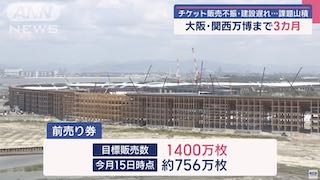Mar 13 (Nikkei) - Despite Shell exiting a landmark LNG plant that has served as a symbol of cooperation between Tokyo and Moscow, Japanese trading houses Mitsui & Co. and Mitsubishi Corp. are sticking with the Sakhalin-2 project, the source of nearly 10% of Japan's liquefied natural gas imports.
The situation underscores a dilemma Japan and its companies will increasingly find themselves as the U.S. and Europe pile on more sanctions against Russia.
"Japan's position on its interests in Sakhalin is greatly different than that of Europe and the U.S.," an energy executive at one of the trading houses told senior officials at the Ministry of Economy, Trade and Industry. A document that was presented included such statements such as: "A hasty withdrawal is dangerous," and "a withdrawal will benefit Russia and China."
Ministry officials responded by saying "the interests are very important."
Sakhalin-2 is Russia's first LNG project. Russia's state-owned Gazprom has a stake of about 50%, Shell about 27.5%, Mitsui 12.5%, and Mitsubishi 10%. Beginning shipments in 2009, of the 10 million tons produced annually, about 60% goes to Japan, accounting for almost all its LNG imports from Russia.
LNG from Sakhalin-2 is supplied to Japanese electricity and gas companies. The long-term contracts stabilize volume and costs while shipments take about three days, shorter than the two-week span from the Middle East. Japanese companies have integrated the gas into their supply networks, making it vastly more important for them than for Shell, which is selling the bulk of its interests in Asia. ...continue reading















